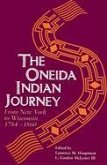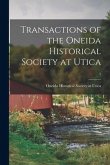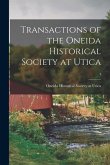Contemporary scholarship and Indian oral tradition come together in this unique account of the history and culture of the Oneida Iroquois--particularly the Wisconsin Oneidas--who have not been the subject of the intense scholarly attention accorded other Iroquois groups. Contributors include Oneida educators, community leaders, historians, anthropologists, and linguists; essays vary from accounts of personal experience and oral history to presentations of academic research. The common denominator is the Oneida experience of cultural change and survival. Part I focuses on the history and adaptations of the Oneidas in their New York homeland. Part II describes the motives and methods used by New York State officials in divesting the Oneidas of their New York home and explores the aftereffects of the Indians' removal to Wisconsin and the legal implications of allotment legislation on American Indians' tribal jurisdiction today. Nineteenth-century attempts by whites to take the Oneidas' Wisconsin land base forced the Indians to develop strategies for survival, described in Part III. Capable leadership, the maintenance of tribal tradition, cultural revitalization, new educational initiatives, and continuing connections among the Oneida communities have fostered a tribal reemergence and have allowed the Oneidas to maintain themselves as a unique and thriving people.
Bitte wählen Sie Ihr Anliegen aus.
Rechnungen
Retourenschein anfordern
Bestellstatus
Storno

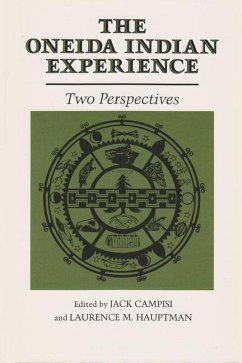
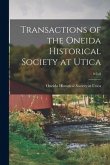
![A Long Lost Point in History [microform]: an Address, Delivered Before the Oneida Historical Society, Utica, N.Y. A Long Lost Point in History [microform]: an Address, Delivered Before the Oneida Historical Society, Utica, N.Y.](https://bilder.buecher.de/produkte/66/66199/66199759m.jpg)
